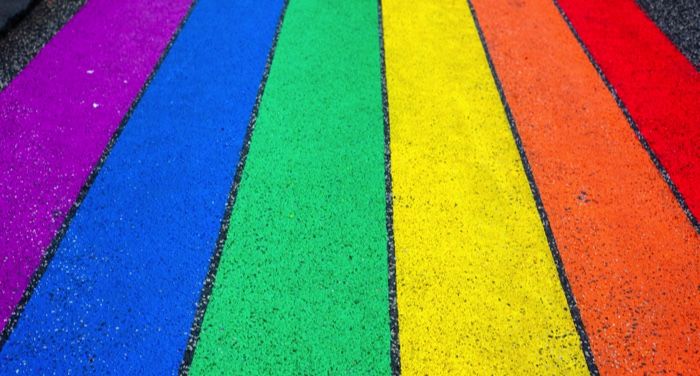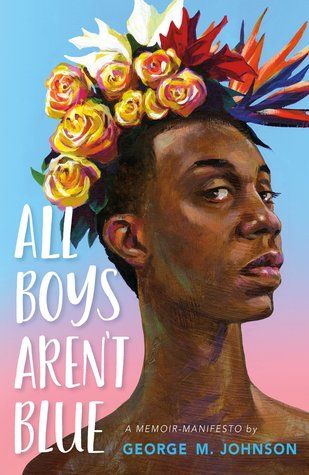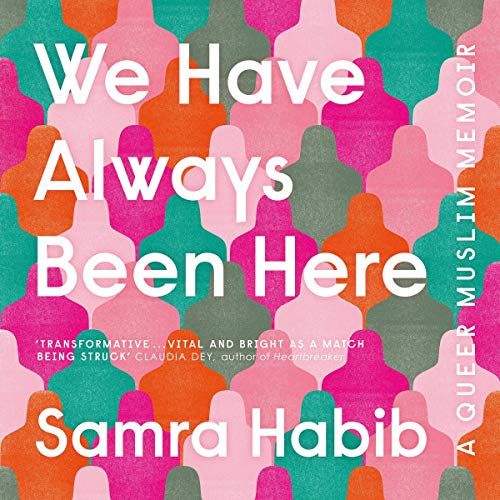
6 Under the Radar Queer Books by Writers of Color
When I first started exploring queer literature, I realized that the literary industry has gotten oversaturated with the white narrative. It was debilitating, to say the least, as lack of representation has held us hostage from true liberation. So if you are looking to diversify your reading list, we’ve got you covered.
Guapa by Saleem Haddad
This book follows Rasa’s life for 24 hours. He was a young gay man who, after getting a western education, returned home to an unnamed Arab country. In the middle of intense political turmoil, corrupt authoritarian regime, and institutionalized vilification of homosexuality, Rasa found love in Taymour. However, loving a man proved disastrous for Rasa in a society where queer people are terrorized. A haunting yet hopeful novel of a Middle Eastern man, this book is an important read for everyone who is looking for more representation of queer people of color in literature.
The Henna Wars by Book Riot Contributor Adiba Jaigirdar
This is a story of Nishat, a girl who has her roots in Bangladesh but is a current resident of Ireland. Besides being a cute love story, this book is a very educative take on microaggressions, both blatant and subconscious racism, cultural appropriation, bullying, and the taboo and ignorance surrounding homosexuality. This book wonderfully breaks out of a heteronormative model and can prove groundbreaking for young adults who are just coming to terms with a sexual orientation that hasn’t been socially accepted in their part of the world.
Under the Udala Trees by Chinelo Okparanta
This is a powerful debut novel about loving and living freely in a society where homosexuality is criminalized. Taking inspiration from Nigeria’s folktales and its history of warring, Okparanta’s novel will resonate with every person who has been tormented by society’s ideas of what’s normal in terms of sexual orientation. Ijeoma’s struggle towards selfhood comes at a cost, but, in the end, she does manage to have a future that is not completely devoid of hope. A tale of love, loss, and hope, this is a story of a woman’s unwavering desire for self-actualization.
All Boys Aren’t Blue by George M. Johnson
For a long time, queer people have seldom found positive representations of themselves in the mainstream literary sphere. Mostly, their stories have been narrated as cautionary tales that are not just reductive but also highly misleading. All these things change in George M. Johnson’s book, where he takes matters in his own hands and weaves his individual suffering into a fierce spirit of togetherness. His memoir is an amalgamation of love, loss, death, bullying, racism, toxic masculinity, and homophobia. However, instead of letting one theme be the absolute dictator of his life, all these themes flow together, thus illustrating the unique, versatile, and absolutely one of a kind human that he is.
Funny Boy by Shyam Selvadurai
In the world of affluent Tamils living in Colombo, Arjie is considered an aberration. This is a coming of age novel that has the Sri Lankan civil war as its backdrop. We navigate the world of xenophobia, communal disharmony, and homophobia through Arjie’s eyes. What used to be sporadic acts of violence culminate in a full-fledged war, thus making Sri Lankan Tamils flee from the only homeland they have ever known. This book is exemplary when the merging of the political with the personal is concerned.
We Have Always Been Here: A Queer Muslim Memoir by Samra Habib
As is evident from the title, this book is the memoir of a brave Muslim woman and her perpetual fight with the world to find herself. Forging an identity for yourself is not easy, especially in a world that treats homosexuality as a crime. As an Ahmadi Muslim, Habib has been a victim of xenophobia in her homeland of Pakistan. She moved to Canada with her family to escape the violence that they found themselves in the midst of. After a lot of familial as well as social turmoil, Habib finally found her footing, thus becoming an inspiration for millions of women like her.

















